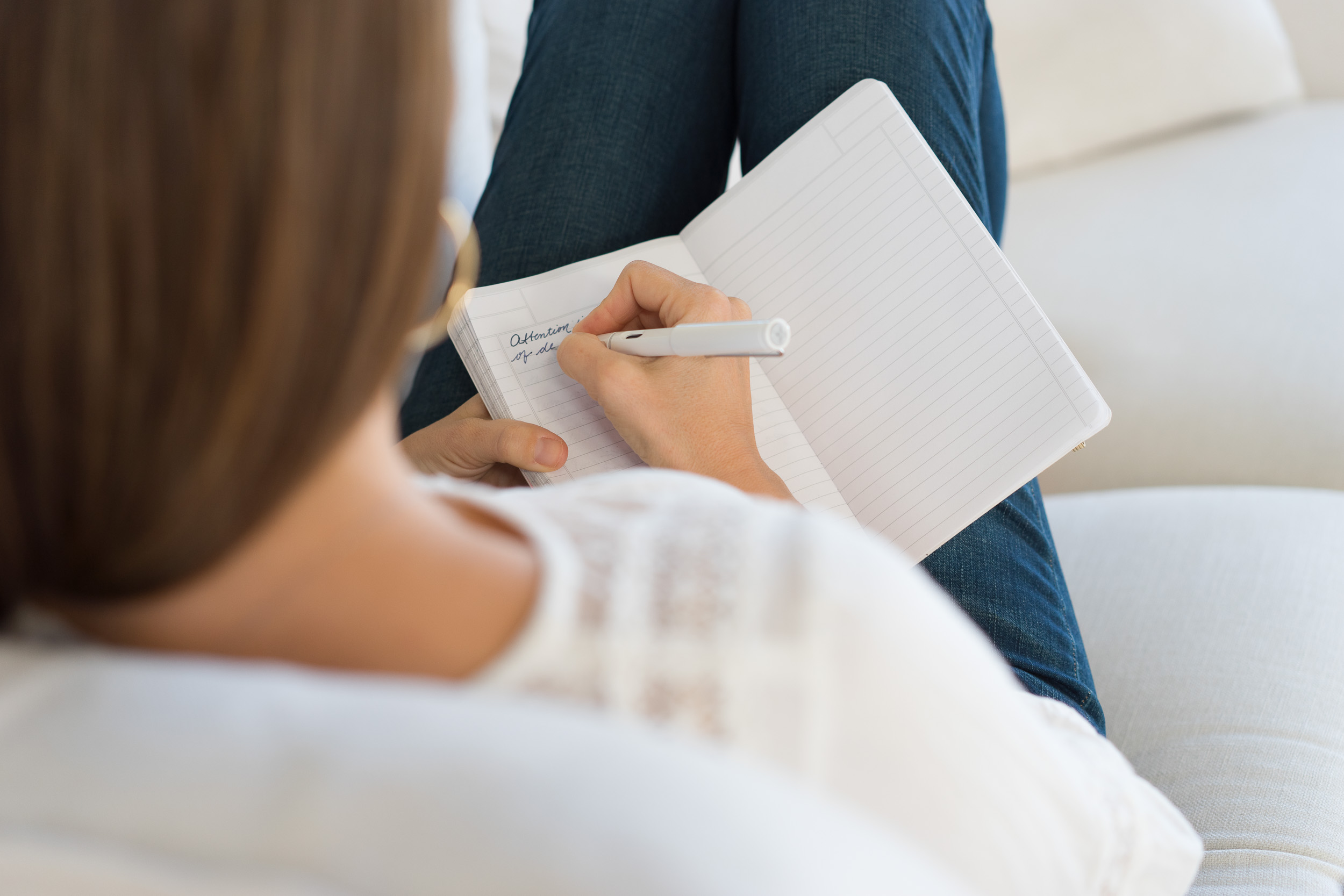How do you start writing?

When you sit down to write, how much time do you give yourself to practice? I mean the off-record stuff: writing exercises and warm ups.
Now think of the way dancers or musicians interact with their art. The performance, the finished piece, is the culmination of hours of practice: boring warm ups, weird experiments, and repetitive rehearsals.
When is your writing rehearsal?
Be honest: are you the kind of writer who feels like writing exercises are a waste of time? When you sit down to write, do you always feel you should focus and work on your story?
Your story is important. Finishing it is important. The workshop — the critique and feedback — this is important, too.
But it is not of primary importance. Your finished work is simply the performance piece of your writing life.
There is so much more to your writing than the finished piece.
If you are:
-
learning about your voice and style,
-
writing and compiling stories for your first book, or
-
starting a new writing project
… you need to make time for practice.
It will feel unproductive. Maybe you even have a voice in your head that tells you that writing exercises are counter-productive, and you always skip them to get to your “real” writing.
Do musicians have this problem? Do dancers ever feel that they’re wasting their time when they warm up?
Here's why you should practice with warm-ups and writing exercises:
-
It shows you how to recognize your resistance as resistance. This is crucial, because if you don’t recognize it for what it is, then you won’t write very often. Or you’ll push yourself and suffer through writing, and that just doesn’t feel good.
-
You’ll know what a certain discomfort feels like in your body when you write something that feels honest. You’ll do this over and over again in your practice, and learn how it feels different when you write stereotypes and clichés. So even though it’s always going to be challenging, you become more familiar with the feeling of writing what feels real.
-
You’ll practice the art of creative curiosity. This will trigger your imagination reliably, and get you used to more creative exploration in your writing life. Something unpredictable will happen in every practice session. You’ll feel surprised by your own writing. You’ll learn things about your characters, your sentences, and your stories that you didn’t expect. You’ll find delight and pleasure in your creative life.
-
You get better at it. Good writers are writers who practice writing.
It’s obvious, right?
So why do writers think that their art form is special and different and that it doesn’t require practice?
For the love of all things, please don’t skip the writing exercises. Just do them, okay? Practice. It’s actually how we learn how to do what we want to do. At any level.
Tutorial: How to write with creative curiosity
Here is an exercise that will trigger your imagination. It’s a warm-up. It makes a stunning daily practice. Try this before you start working on your “real” writing.
At a retreat some time ago, I asked my writers to start by writing down a list of ten things they noticed that day so far. Then each writer would read one or two observations to the whole group.
One day, a writer wrote, “The dark hole in the wall.”
She read this tiny plain observation out loud, and a palpable ripple passed through all of us. Because that dark hole, when it was observed purely and written without any mediation or explanation, existed in the air around us. We could feel it when she read it.
It was real.
The moss on the edge of that piece of wood, for instance. It’s meaningful, all by itself. A thread hanging off that boy’s sock — it’s important already. That slice of pear in your salad today? It has a significance all on its own. You don’t need to articulate meaning — just notice what it really is.
Do this:
Write down ten things that you noticed today so far.
If you write in the morning before you do anything else, don’t worry. Even if it’s only 4am, I promise you have noticed ten things already.
Be plain. Write plainly.
Don’t explain anything.
Don’t mediate your observation by writing what you think about it – just write it.
Don’t use metaphors. Don’t over-describe.
Don’t put any meaning into it.
Just write the thing you noticed.
Then write another thing.
Do this ten times.
This is shifting your mind into receptivity. Try it. It can be surprisingly difficult at first — that’s why it’s such a good practice.
This is how writers start every session of Writing Practice. This exercise warms you up, shifts your mind into creative curiosity, and gets you ready for the rest of the writing hour.
Click here to see when I am offering Writing Practice again, and join us for the next sessions.
I’d love to hear your thoughts on this. How do you see “practice” happening in your writing? What does it mean to you, and how do you justify taking time to warm up? What happens if you don’t practice?
Share your stories, please, in the comments below.
xo,

Photo credit (top): Cristina Gottardi on Unsplash.


11 comments
Leave a comment